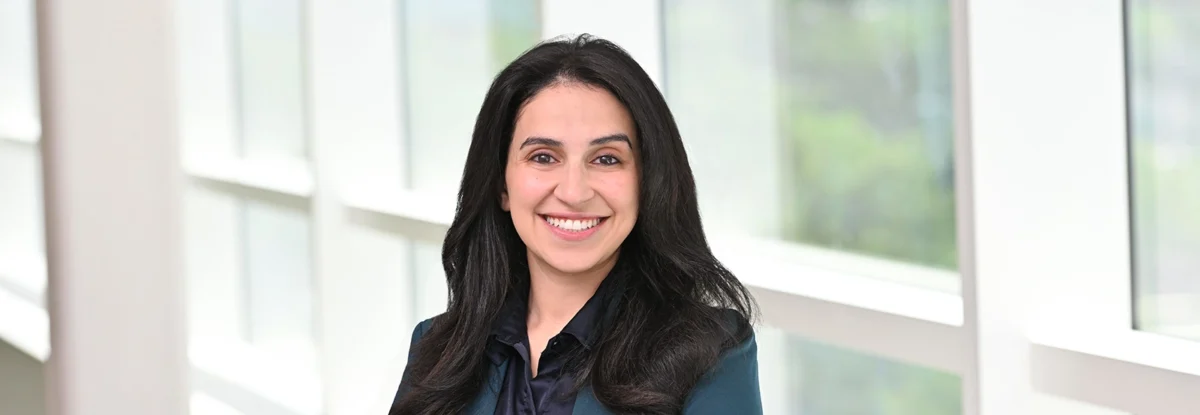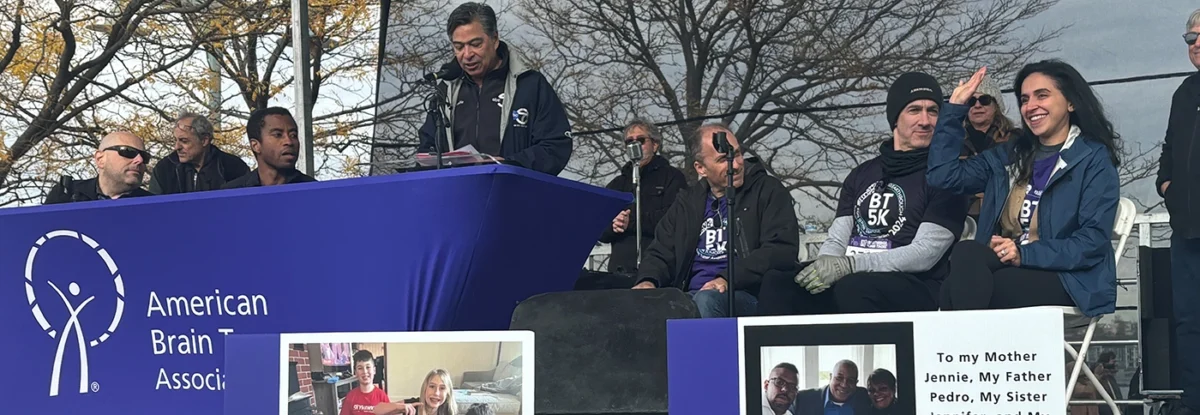One More Way NYPC is Addressing Non-Clinical Patient Needs
Cancer patients tackle a range of challenges beyond the immediate physical and medical aspects of their condition. A myriad of non-clinical needs can significantly impact well-being – in particular, financial burdens related to necessities such as housing, transportation, and groceries due to loss of income and increased out-of-pocket expenses.
Recognizing the importance of addressing these non-clinical needs, the New York Proton Center and the WiTT Group, Inc. recently joined forces to provide holistic support and revolutionize the way cancer patients handle various non-clinical challenges associated with their treatment.
WiTT has created a unique online Support Registry™ platform that allows patients to get the support they need by making it easy to ask for and receive help. The strategic partnership aims to leverage WiTT’s innovative solution to support our patients and help relieve financial burdens that accompany cancer treatment, while gathering data on the differences in non-clinical needs across patient populations.
NYPC aims to help relieve the financial burdens of patients. Costs related to non-clinical needs can cause stress and make the treatment process more difficult. WiTT’s platform allows patients to voice these challenges and express specific needs, such as money for groceries, gas, or transportation to treatment.
WiTT can also facilitate non-financial assistance: patients using the platform can ask for support such as a walk with a friend, picking up a child from school, dog walking, or accompaniment to an appointment.
It can be difficult to ask people individually for support – particularly when it comes to financial support – and bringing patients access to WiTT’s platform allows patients and caregivers to express their individual needs comfortably, while giving family and friends guidance on which types of contributions might be most helpful.
Since the adoption of the WiTT platform last year, NYPC has made remarkable strides in supporting our patients. Over $35,000 has been distributed to nearly 70 patients thus far, with housing, transportation, and groceries emerging as some of the top areas for support.



